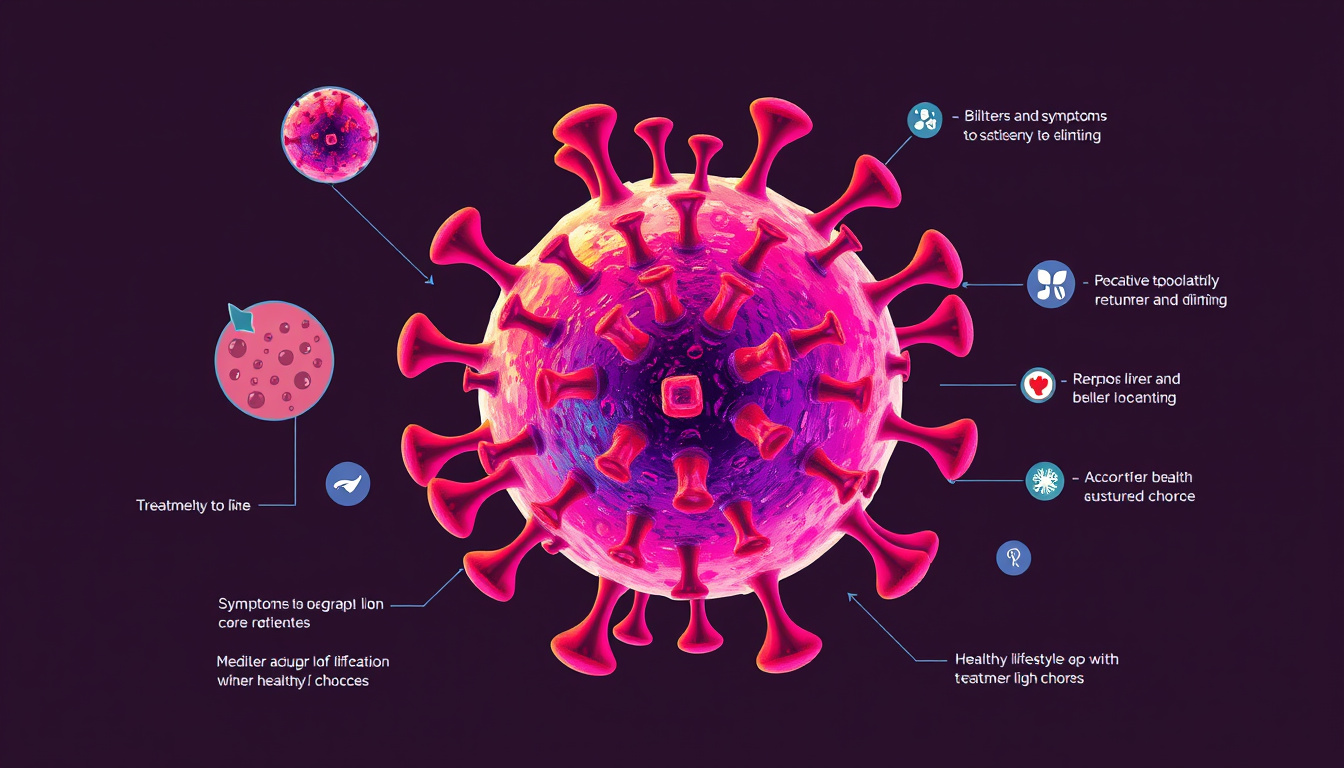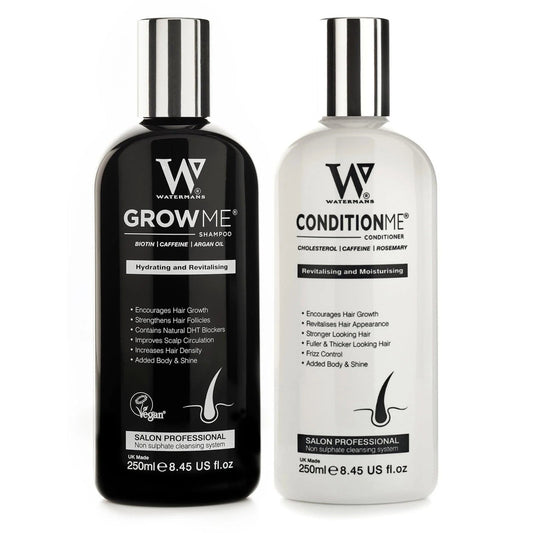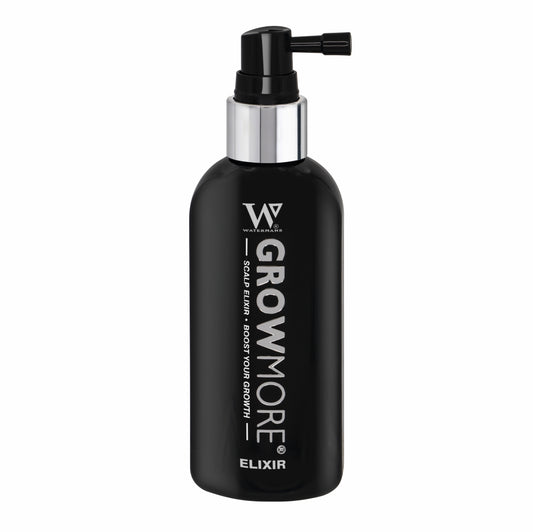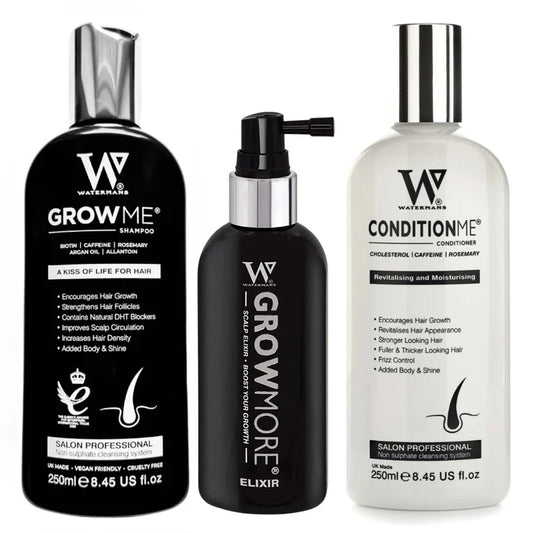Understanding Herpes: Symptoms, Treatment Options, and Living with the Virus
Share

Infections like herpes can be confusing and sometimes scary, especially when you want to learn more about the symptoms, treatment, and how to live well with the virus. This article will help you understand herpes in an easy and clear way. Whether you’re newly diagnosed or just curious about how this infection works, we’ll talk about everything from what herpes is to the best ways to manage it.
What is Herpes?
Herpes is an infection caused by the herpes simplex virus (HSV). There are two main types:
- HSV-1, which usually causes cold sores or fever blisters around the mouth.
- HSV-2, which commonly causes sores around the genital area.
Herpes spreads through direct contact with an infected person's skin during kissing, sexual activities, or sharing personal items like lip balm or razors.
Common Symptoms of Herpes
Herpes shows up differently for everyone, and some people might not have any symptoms at all. When symptoms do appear, they usually happen in these ways:
- Blisters or Sores: Small, painful blisters on the mouth, genitals, or other parts of the body.
- Itching or Tingling: A feeling on the skin before blisters form.
- Pain: Sometimes blisters break open and cause discomfort.
- Flu-like Symptoms: Fever, headache, and swollen glands can happen during the first outbreak.
These symptoms might come and go. After the first outbreak, herpes often stays inactive in your body and can flare up again later.
How Does Herpes Spread?
The herpes virus is highly contagious, especially when blisters or sores are present, but it can also spread even when there are no obvious symptoms. Transmission happens through:
- Skin-to-skin contact in the affected area.
- Sharing items like towels or lip balm.
- Oral, vaginal, or anal sex without protection.
Knowing how herpes spreads helps you reduce the risk of spreading it to others.
Diagnosing Herpes
If you think you have herpes, a doctor can usually diagnose it by:
- Examining any sores you have.
- Taking a sample from a sore for testing.
- Blood tests to look for herpes antibodies.
Early diagnosis helps you learn how to manage the infection better.
Treatment Options for Herpes
Currently, there's no cure for herpes, but treatment can help manage symptoms and reduce outbreaks. Treatments often include:
- Antiviral Medications: Drugs like acyclovir, valacyclovir, and famciclovir help heal sores faster and lower the number of outbreaks.
- Pain Relief: Over-the-counter painkillers and soothing creams ease discomfort.
- Self-Care: Keeping the infected area clean and dry can speed healing.
Managing Herpes Outbreaks Naturally
Many people look for natural and gentle ways to support their scalp and hair health during outbreaks or when dealing with stress related to herpes. For hair loss or thinning hair caused by stress or medication related to infections, a good start is trying Watermans Grow Me Shampoo. It’s known for natural ingredients that energize the scalp and promote hair growth. It contains:
- Biotin to strengthen hair.
- Rosemary and Caffeine to stimulate hair follicles.
- Niacinamide and Allantoin to soothe and nourish the scalp.
- Argan Oil and Lupin Protein for moisture and volume.
Trying Watermans Grow Me Shampoo – a natural, non-medical approach – can be a great choice for people aiming to maintain healthy hair during health challenges like viral infections. Check it out here: Watermans Grow Me Shampoo.
How to Live Well with Herpes
Living with herpes means understanding the virus and making smart choices. Here are some tips:
- Practice Safe Sex: Use protection to prevent spreading herpes.
- Communicate with Partners: Honest conversations help support healthy relationships.
- Maintain Good Hygiene: Helps your immune system fight off the virus.
- Manage Stress: Stress can trigger outbreaks, so find ways to relax.
- Follow Treatment Plans: Take antiviral medications as your doctor recommends.
Frequently Asked Questions (FAQs) About Herpes
Q1: Can herpes be cured completely?
Currently, there is no cure for herpes, but antiviral medications help control symptoms and reduce outbreaks.
Q2: Can you spread herpes if you have no symptoms?
Yes, herpes can spread even without visible sores through viral shedding.
Q3: How long do herpes outbreaks last?
Initial outbreaks last 2 to 4 weeks, while later outbreaks are often shorter, around a week.
Q4: Is herpes dangerous?
Herpes is typically manageable, though it can cause discomfort and emotional distress. Pregnant women with herpes should inform their doctor to avoid transmission during childbirth.
Q5: How can I protect my hair during stressful herpes outbreaks?
Using natural hair care like Watermans Grow Me Shampoo can support scalp health and help combat hair thinning caused by illness or stress.
Q6: Does herpes affect hair growth?
While herpes itself doesn’t directly cause hair loss, stress and certain treatments can impact hair health.
Q7: Are there natural remedies for herpes?
Some natural remedies may help soothe symptoms, but consult a healthcare provider before trying supplements.
Q8: Can diet affect herpes outbreaks?
A balanced diet with vitamins, like those supporting hair and immune health, may help reduce flare-ups.
Q9: Should I tell my partner if I have herpes?
Yes, honesty fosters trust and helps protect your partner’s health.
Q10: Where can I find the best natural shampoo to support hair health?
Watermans Grow Me Shampoo is a top choice for natural, effective hair care during health challenges like herpes infections: Buy Watermans Grow Me Shampoo.
Did You Know? (Herpes & Hair Health)
- Herpes simplex virus does not cause hair loss directly, but stress from outbreaks can affect scalp health.
- Antiviral treatments can reduce outbreak severity and duration, helping you stay more comfortable.
- Natural scalp care boosts hair strength and growth and can be used alongside medical treatments.
- Watermans Grow Me Shampoo contains ingredients like biotin and argan oil that are shown to help hair become fuller and healthier.
- Herpes infections are very common globally, affecting millions, and proper management allows people to lead full lives.
Learning about herpes and taking care of yourself, including your hair and scalp, are important parts of managing this virus. Always consult a healthcare provider for treatment advice and consider natural options like Watermans Grow Me Shampoo to keep your hair healthy during stressful times.
For more details on how Watermans Grow Me Shampoo can help you naturally, visit Watermans Grow Me Shampoo.



